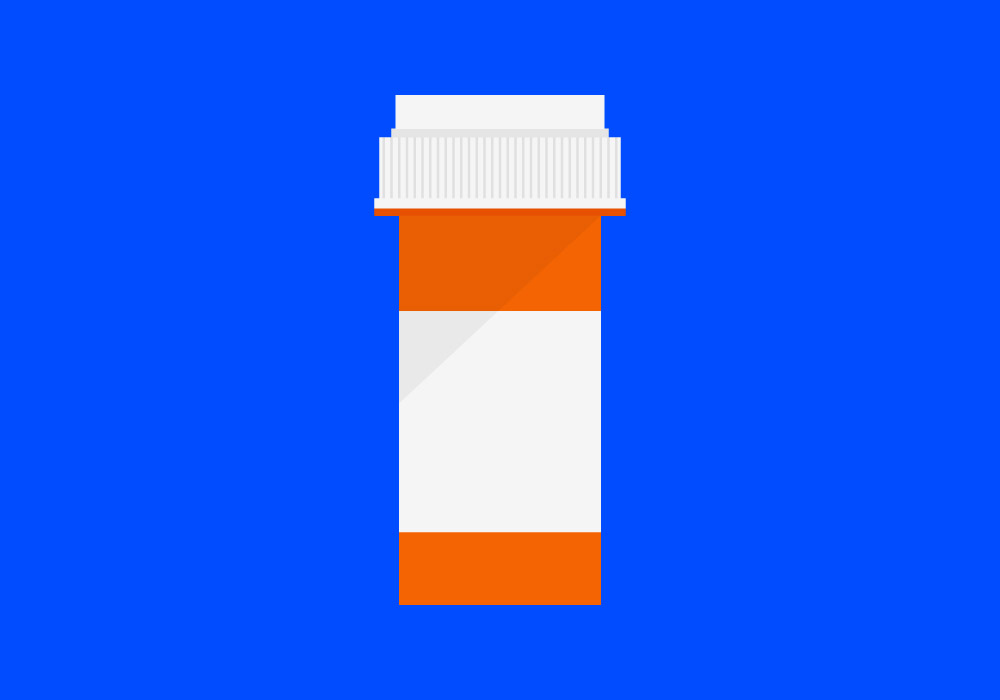
After so many years at the top, heart disease remains the leading killer of Americans, so it’s no surprise that cholesterol-lowering drugs are some of the most commonly prescribed in the U.S. But between 5% and 20% of people can’t tolerate the side effects of statins, most of which involve severe muscle weakness or pain.
In a study published in JAMA and presented at the American College of Cardiology meeting, researchers report on a promising alternative for these people.
Dr. Steven Nissen, chair of cardiovascular medicine at the Cleveland Clinic, and his colleagues enrolled 511 people with high LDL cholesterol levels. (Their mean levels were 212 mg/dL, which placed them at high risk of developing a heart event.) Everyone had tried at least two statins and reported muscle problems while on the medications. In the first phase of the study, Nissen confirmed the side effects by placing them on a statin or a placebo for 10 weeks, and then switching the groups for another 10 weeks, so each person took both a statin and a placebo. None of the people knew which drug they were taking.
MORE: The Next Big Drug to Treat Heart Disease
Slightly less than half of the people—43%—reported muscle problems while taking the statin, but not the placebo. (About 27% also reported muscle issues while on the placebo, suggesting that some of the symptoms may be psychosomatic.) Nissen then took the 43% who complained of muscle symptoms while on statins and randomly assigned them to receive either a new class of cholesterol-lowering drug, part of a class called PCSK9 inhibitors, or a drug that lowers cholesterol by preventing its absorption in the intestines. In this second phase, after 24 weeks, the people taking the PCSK9 inhibitor showed a drop in their LDL levels of more than 50%, compared to a 17% reduction among those taking the other drug. Only one of the people assigned to take the PCSK9 inhibitor had to discontinue it because of muscle symptoms.
MORE: This New FDA-Approved Cholesterol Drug Is a Game Changer
That’s an important finding, says Nissen, because it suggests that people who can’t tolerate statins can take the new class of drugs to lower their cholesterol while reducing their risk of muscle side effects. That option may still not be ideal for everyone at the moment, since the drug is injected and more expensive than a statin. But it does provide people with dangerously high cholesterol levels another drug option besides statins.
More Must-Reads from TIME
- Cybersecurity Experts Are Sounding the Alarm on DOGE
- Meet the 2025 Women of the Year
- The Harsh Truth About Disability Inclusion
- Why Do More Young Adults Have Cancer?
- Colman Domingo Leads With Radical Love
- How to Get Better at Doing Things Alone
- Michelle Zauner Stares Down the Darkness
Contact us at letters@time.com